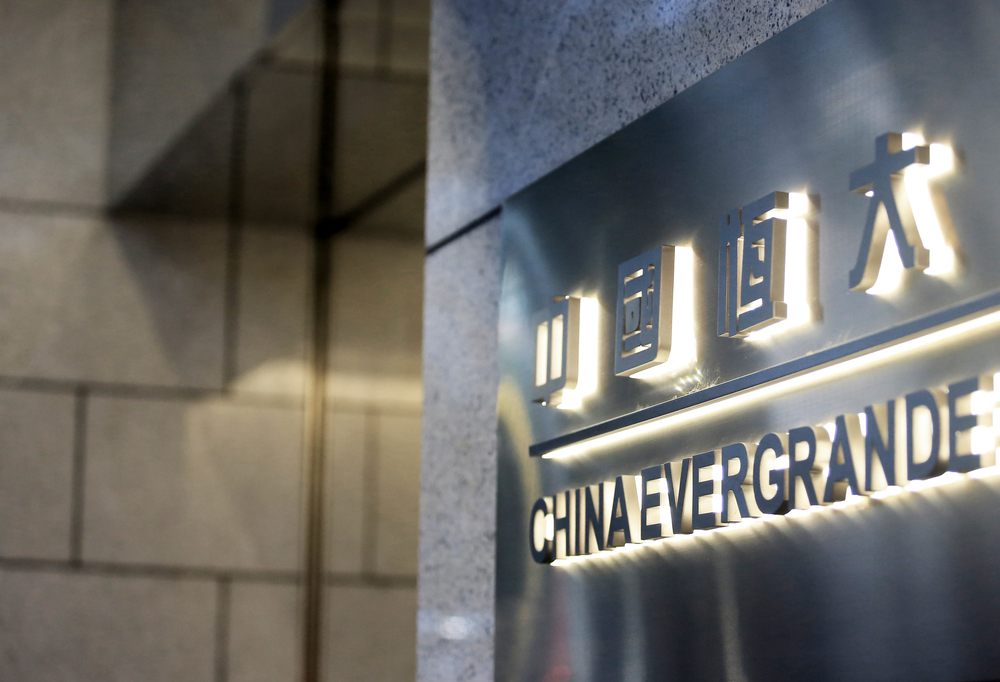Amidst mounting woes for China Evergrande, a top executive from its electric vehicle division, Liu Yongzhuo, has been detained by authorities, marking a new chapter in the struggles faced by the world’s most indebted property giant.
The detention of Liu Yongzhuo, the vice chairman of China Evergrande New Energy Vehicle, was disclosed in a notice to the Hong Kong Stock Exchange, causing a 6% plunge in the company’s shares upon resumption of trading.
This development coincided with the bankruptcy liquidation filing of Zhongzhi Enterprise Group, a significant shadow bank in China, known for extending billions in loans to property developers, including Evergrande. The mounting financial distress in the real estate sector has cascaded into broader market repercussions, with Hong Kong and Shanghai stock indices witnessing declines, the Hang Seng Index plummeting by 1.9%.
Evergrande’s prolonged financial turmoil began with a default on its debt obligations two years ago. The conglomerate, burdened with a staggering $340 billion debt, has been undergoing a restructuring process, involving asset sell-offs to stave off default. Yet, uncertainties loom over the status of its chairman, Hui Ka Yan, amid cryptic statements indicating legal actions.
The setback in the EV unit further complicates Evergrande’s recovery efforts, disrupting plans that encompassed asset reorganization within the conglomerate. The company’s struggle to secure adequate funding has delayed its manufacturing commencement plans, a significant setback amidst its ongoing restructuring and impending debt restructuring hearings in late January.
The collapse of Zhongzhi, one of China’s significant private asset management firms, highlights the fragility of shadow banking in the country. Its ballooning debts, surpassing its assets twofold, and subsequent investigations into suspected financial misconduct echo the broader challenges faced by non-traditional financial institutions amidst the property market’s slowdown.
The ripples of this distress in the financial sector pose significant concerns for the broader Chinese economy. The intricate web of intertwined financial institutions and the repercussions of defaults or liquidations within these shadow structures underscores the challenges faced by regulatory authorities in maintaining stability in the financial sector.
The complex interplay between Evergrande’s restructuring, the fallout in its subsidiary sectors like EV, and the fragility of shadow banking reflect a multi-dimensional crisis in China’s economic landscape, warranting close scrutiny and decisive measures to navigate through this turbulent period. Source: The AP



